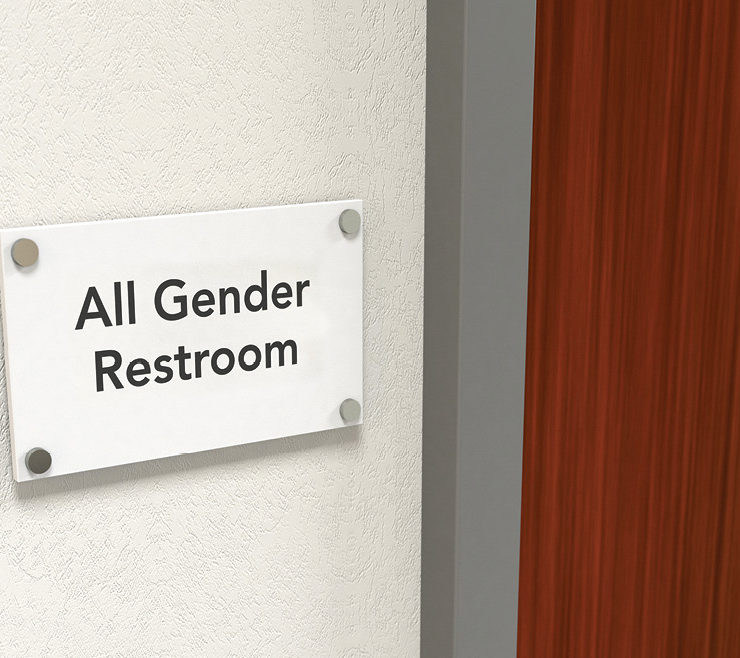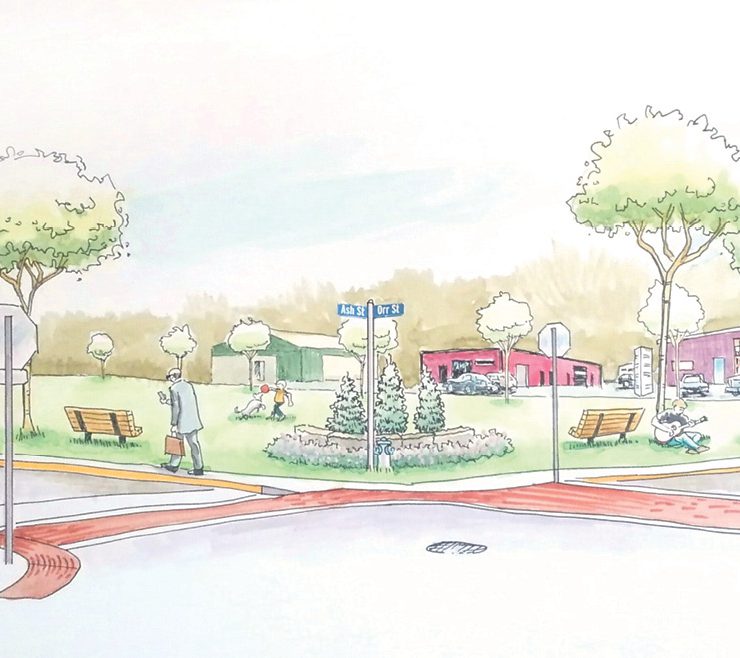Opinion: Destigmatizing Mental Health
 You don’t feel well. You aren’t sure what is going on, so you schedule an appointment with a doctor. Your health care provider makes a potentially debilitating diagnosis, recommending treatment and regular follow-up care through methods that are scientifically proven to help individuals overcome your illness. You respond by saying, “No thanks.” Not because of insurmountable treatment risks or costs, but because you “don’t really have the time for that.”
You don’t feel well. You aren’t sure what is going on, so you schedule an appointment with a doctor. Your health care provider makes a potentially debilitating diagnosis, recommending treatment and regular follow-up care through methods that are scientifically proven to help individuals overcome your illness. You respond by saying, “No thanks.” Not because of insurmountable treatment risks or costs, but because you “don’t really have the time for that.”
None of us dreams of turning down treatment following a diagnosis of cancer, kidney failure, or heart disease. We tell our families and friends, and we notify our employers and negotiate time off to attend appointments. We accept all the support we can get. However, if we’re diagnosed with a mental illness, suddenly the same rules don’t apply.
Each year, approximately one in five Americans experiences a mental health issue. However, 60 percent of adults and 50 percent of young people do not receive the treatment they need. These numbers are higher for our military veterans, who face many stressors the general population does not typically experience — not only combat, but also distance from loved ones, work demands (both physical and mental), and a culture that expects from them stoicism in the face of adversity.
Stigma is the driving force behind so many barriers and attitudes about mental health within the veteran community and communities across America. We treat behavioral health as if it is disconnected from the rest of our overall health.
Harry S. Truman Memorial Veterans’ Hospital integrates behavioral and physical health care because we know integration leads to better care. However, in our communities, mental health services are often separate from traditional health care settings, and insurance companies might still pay differently for mental health treatments. Unfortunately, “behavioral health” is not part of everyday nomenclature, and efforts by private sector providers to integrate mental health into care are not always successful because it’s still viewed differently.
Our military service members and veterans know what it takes to fight. It requires resources and a team effort. A battle is never taken up alone; teamwork and strategic planning wins wars. Mental health recovery is no less a “fight” than overcoming physical illness. It takes the same tenacity to overcome behavioral health issues such as depression, anxiety, post-traumatic stress disorder, or schizophrenia. However, individuals with behavioral health issues usually face a parallel battle overcoming the stigma.
The good news is that treatment works. Research, including many studies by the Veterans Health Administration, supports the use of psychotherapy and pharmacological interventions to treat the range of mental health problems. Likewise, education, awareness, and acceptance help in addressing stigmas. However, both treatment and stigma reduction require engagement and commitment by everyone. It is our responsibility to our veterans, our fellow citizens, and even to ourselves to overcome the potentially debilitating nature of both a mental illness and the stigma that so often interferes with recovery.
Cancer, kidney failure, and heart disease require multiple appointments and adherence to recommended treatment modalities to make recovery possible. The same applies to any mental health disorder. We all need to stop viewing mental health as separate or different from usual health care. End the stigma so that we may create a healthier and more accepting culture that addresses mental health treatment for what it is: a battle against an illness. The goal is recovery. Join the fight against stigma — not only for our veterans, but for everyone.








